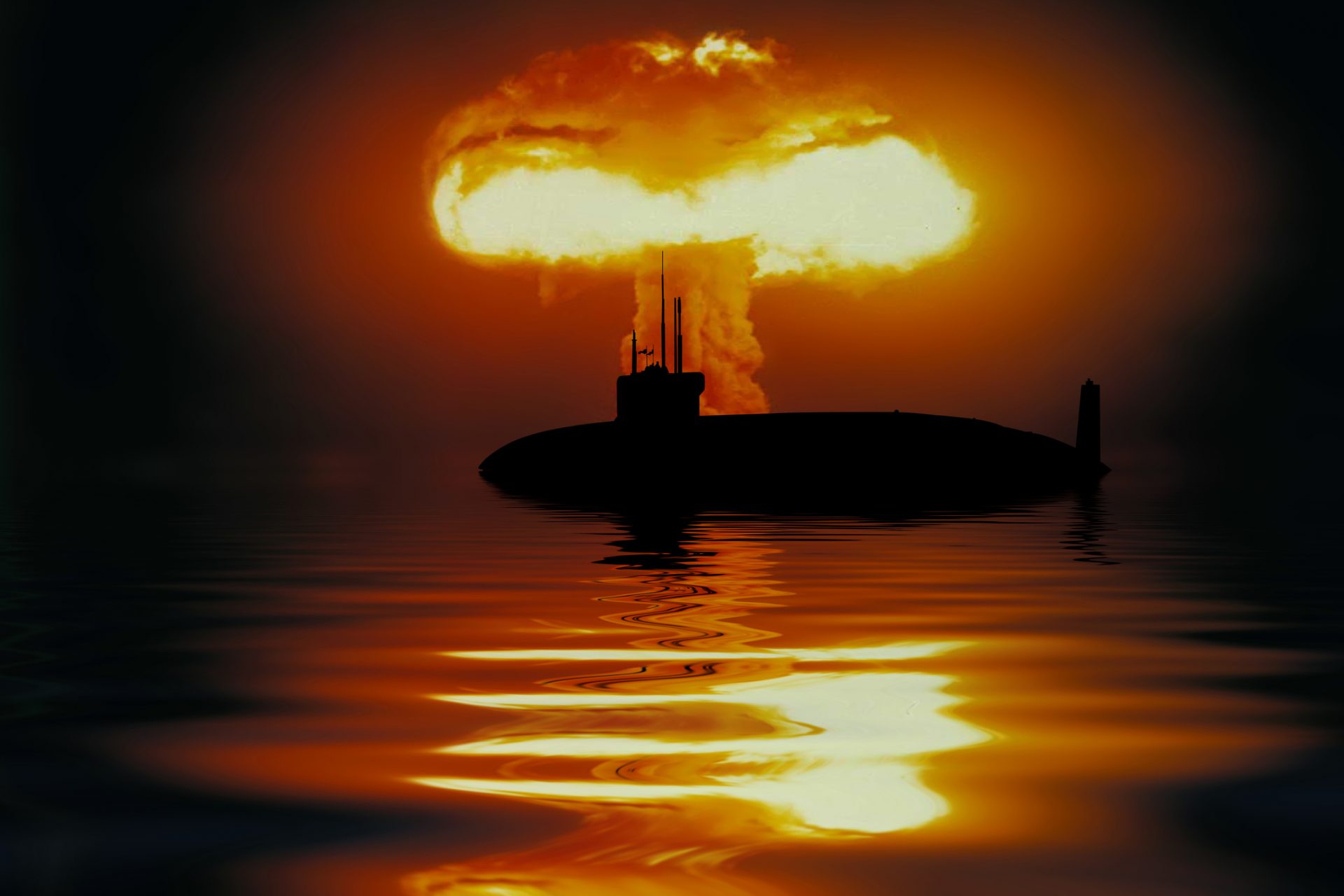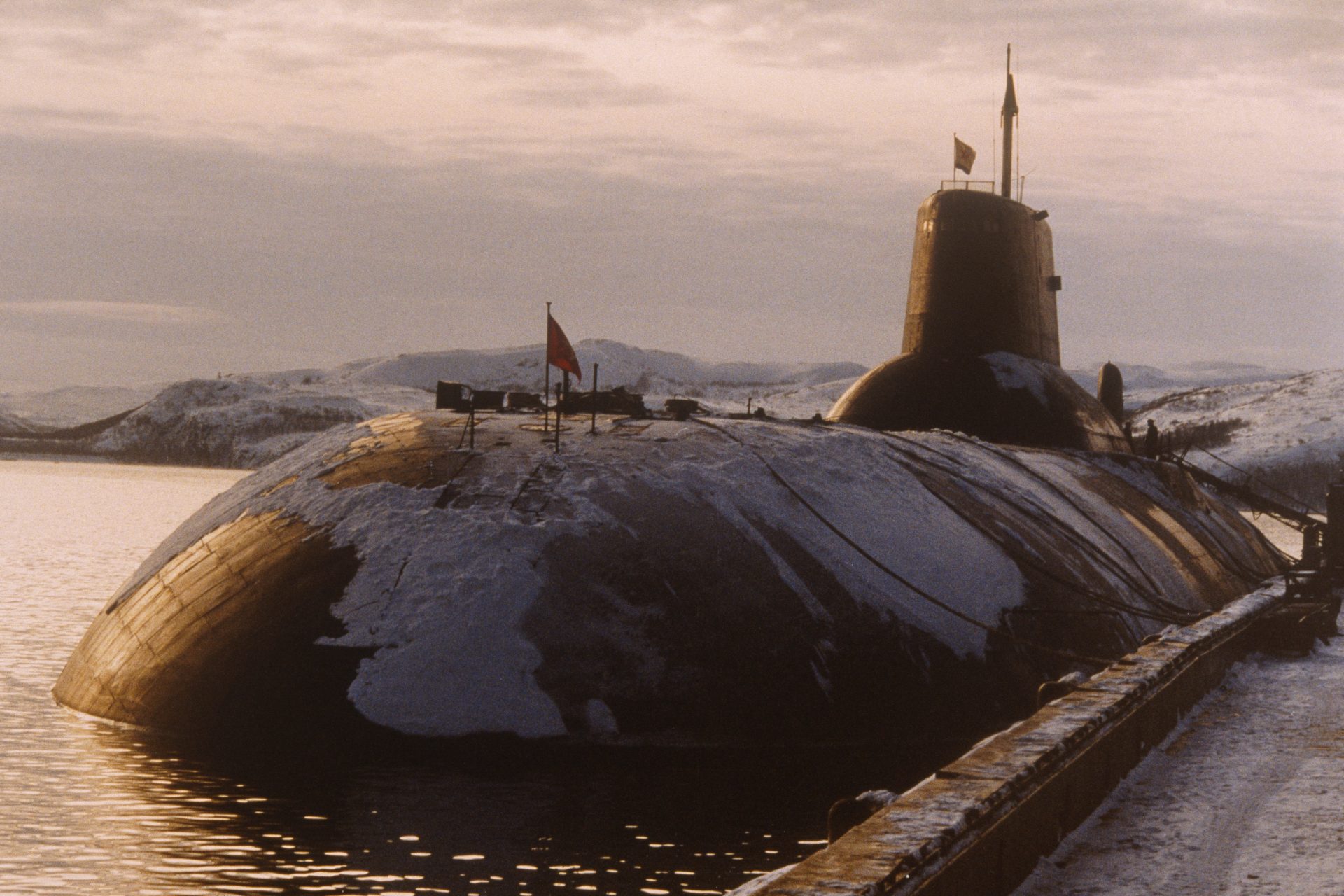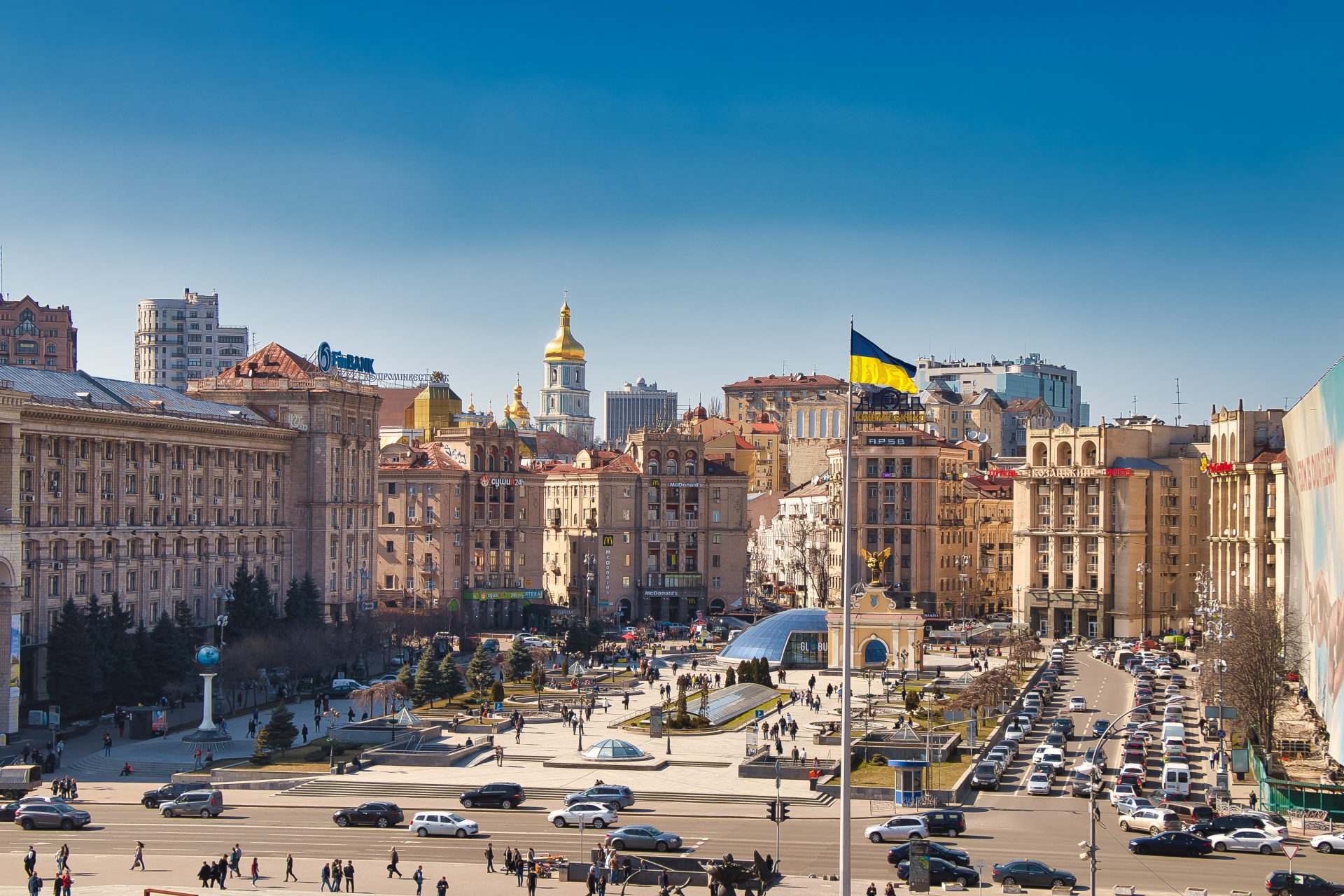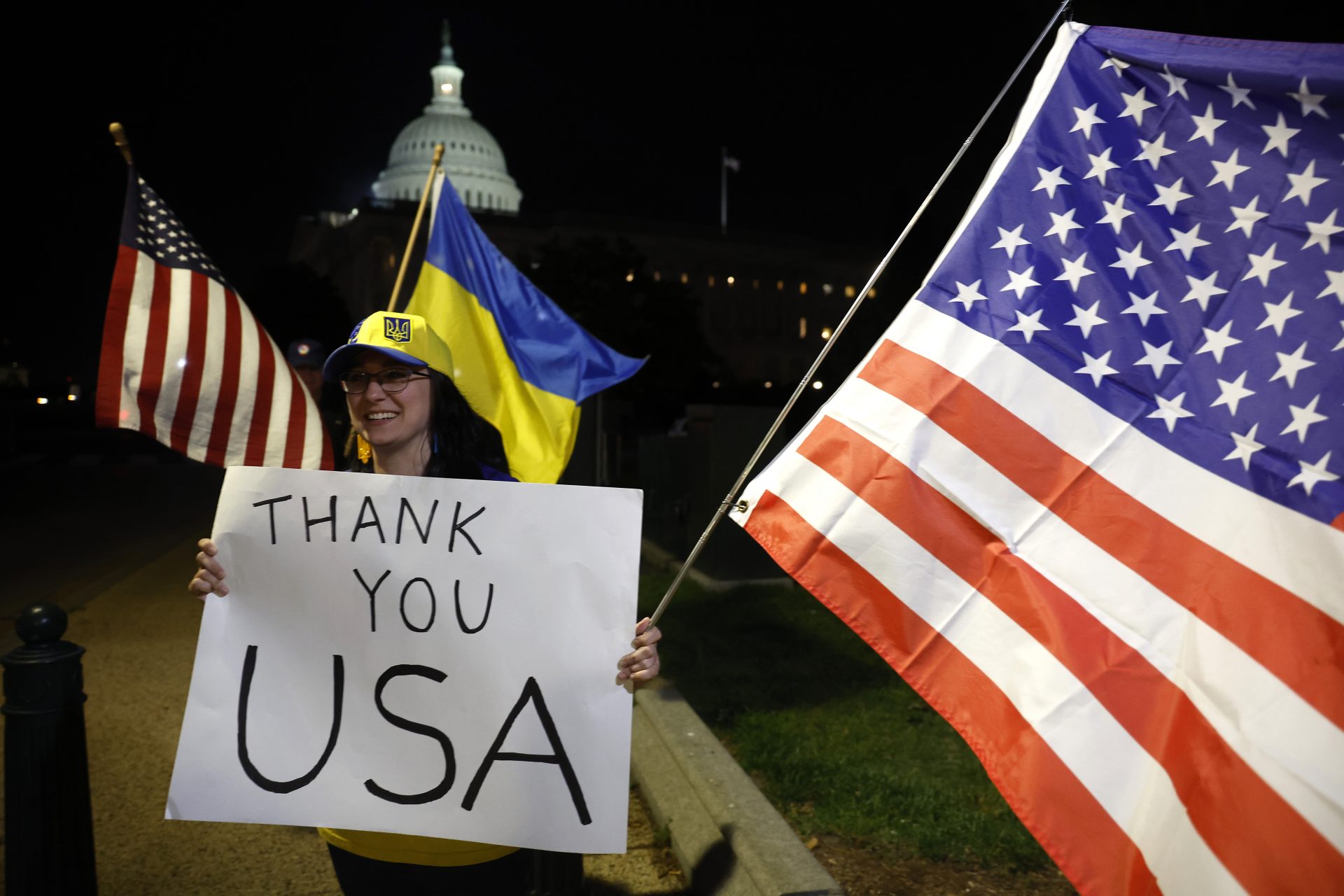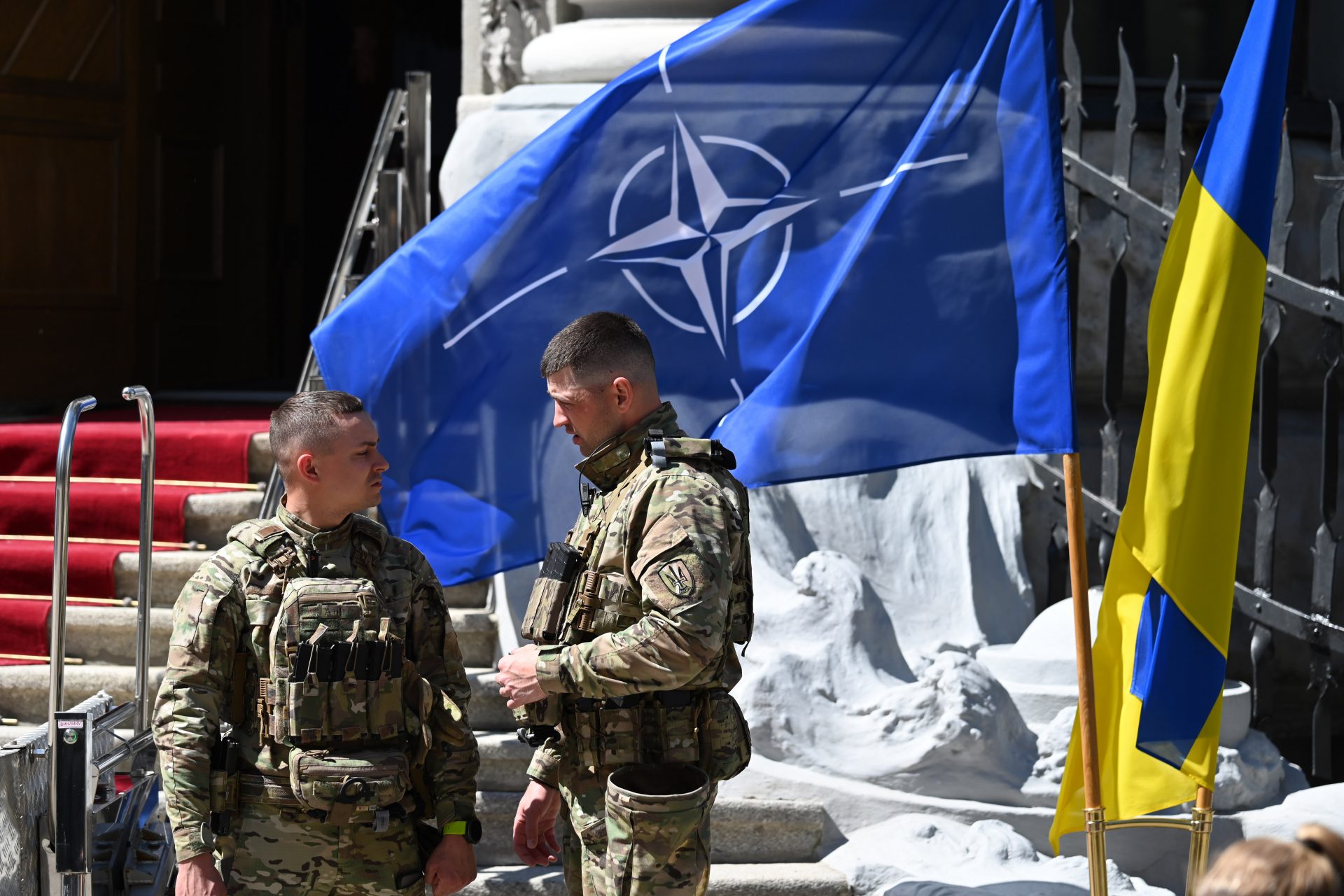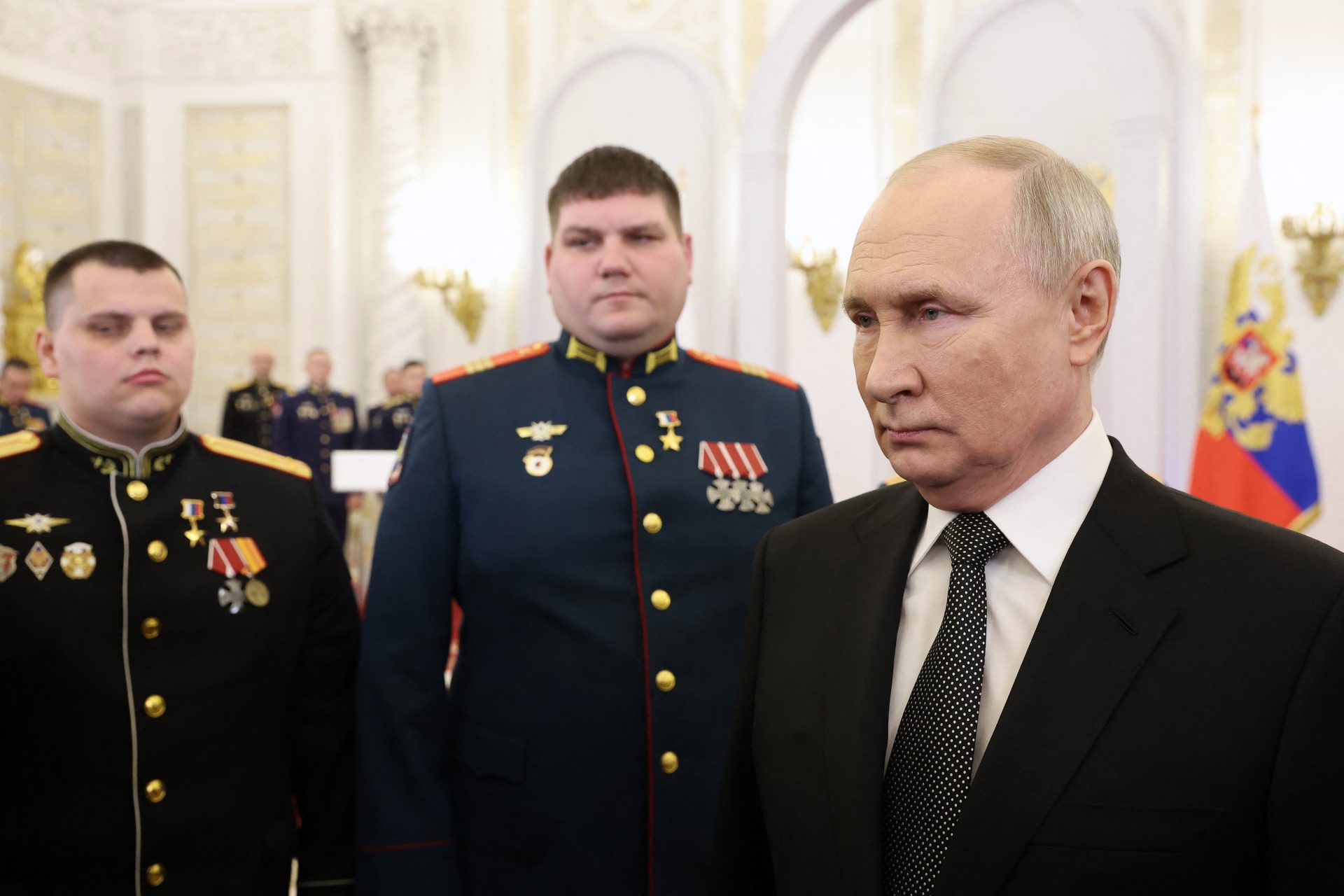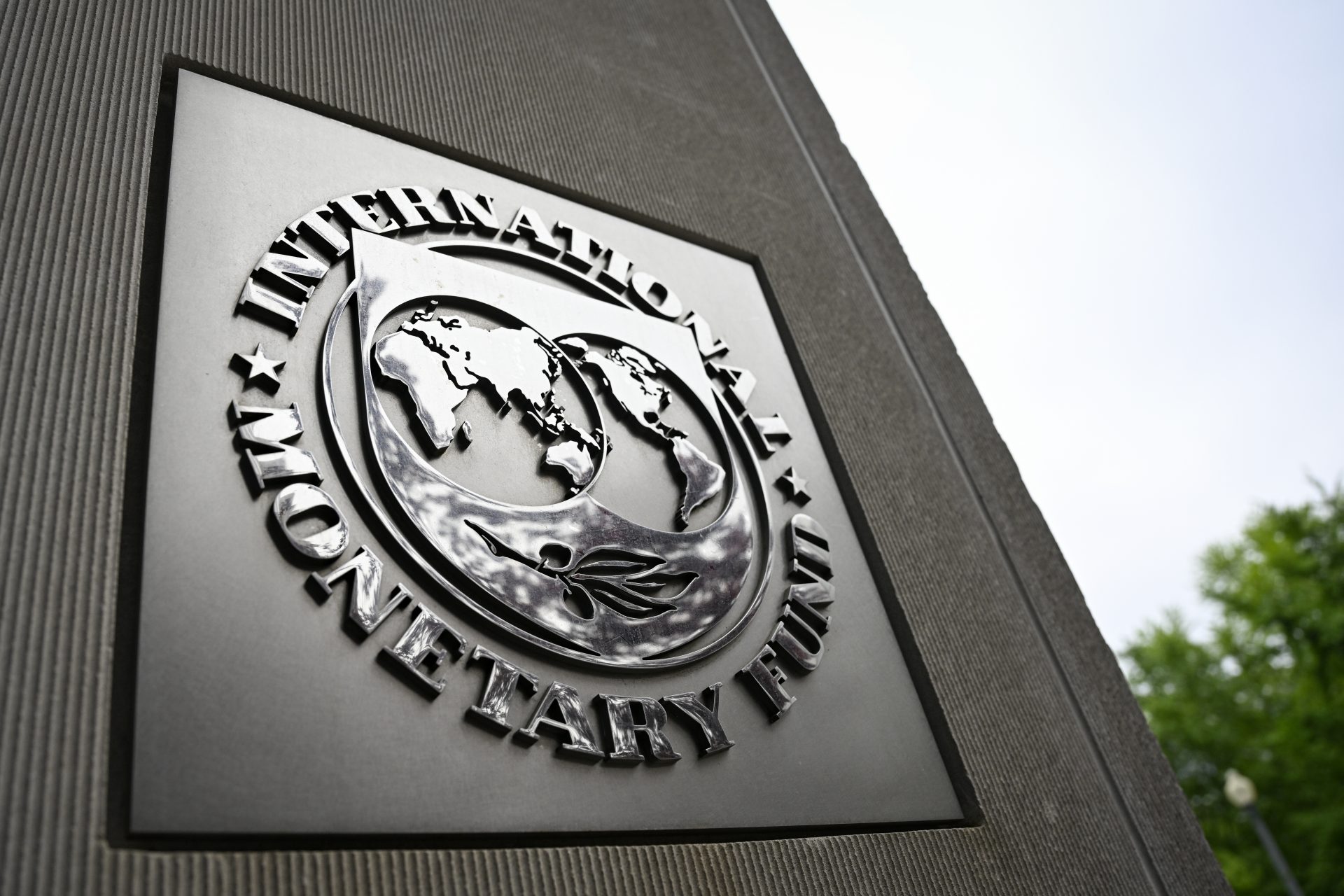Sub commanders have secret orders in the event of nuclear war
What happens to the sailors who survive nuclear war? Most of the world's superpowers have submarines armed with nuclear ballistic weapons but if the people who give the orders have been killed what is a sub commander to do? Here's the solution one country has put in place.
The question of what a nuclear-armed sub commander should do was one Britain’s brightest minds sought to answer in the days after the country became a nuclear power, and their solution to the problem was called 'the letters of last resort'.
"The need for the letters arose as soon as we had our own submarine-based nuclear deterrent," Naval History Professor Matthew Seligmann explained to BBC News in a 2016 article on the UK’s Trident Nuclear Program and its letters of last resort.
According to BBC News, every nuclear-armed submarine in the British Royal Navy is supplied with a letter of last resort in the event their commanders are no longer able to contact the Prime Minister or government after a nuclear strike on the British Isles.
Each new Prime Minister has to write four separate but identical letters for the four Vanguard-class nuclear-armed submarines in the British fleet, each of which is stored safely in a locked aboard the submarines until a new politician enters Britain’s top office.
Nobody knows exactly what the letters of last resort say, it varies by Prime Minister, but we do know that they give their submarine commanders a small pool of options they can choose from in the event that Britain is completely destroyed by a nuclear strike. So what are the options?
According to Business Insider’s Ned Donavan, there are generally four options provided in Britain's letters of last resort and they give their submarine commanders a “great deal of latitude, with varying degrees of widespread destruction of human life.”
This option needs little explanation. If opened, the commander of the submarine is to retaliate against the country that attacked the British Isles without regard for human life or future civilization.
This is another simple solution. But the reasons behind a lack of retaliatory strike could be more complicated than just considering the future of humanity, it could be useful to be one of the only nations with a remaining nuclear force once all the dust had settled.
This option would allow the submarine commander to use their own judgment on the future course of their actions, effectively ceding the power to destroy Britain's enemies or take a course of action unforeseen by the Prime Minister who wrote the original orders.
Here Ned Donovan noted that allied nations might include the Royal Australian Navy or the United States Navy, though it could be assumed that any surviving allied navy would be an option.
According to Politico, Britain’s letters of last resort can only be opened once a submarine’s commander and deputy concluded that Britain had been entirely destroyed.
"The commander… must first determine that London and the British government have been destroyed and that neither the prime minister nor designated successors are still alive—and that Her Majesty’s Government is likely destroyed as well,” Politico wrote.
Much like the written content of the letters, little is known about the process a sub commander must follow when determining if Britain and its government have been destroyed, but we do know of one test that has been cited by historians.
“The failure to pick up the BBC Today program for a few days is regarded as the ultimate test,” Historian Peter Hennessy explained to Politico. If BBC’s Radio 4 isn’t broadcasting, and a commander is convinced Britain is gone, they can open the letter.
Few nations are known to have a policy similar to the United Kingdom. Politico noted that during the Cold War, the Soviet Union built its “Dead Hand” rocket, designed to send out launch signals to missile silos after the destruction of the country’s chain of command.
However, the idea behind these retaliatory schemes is not one of destruction but deterrence. The question isn’t whether or not either country would use these final options, but rather could their existence prevent their ultimate need?
Modern realities have made these relics of a bygone era more dangerous, too. As Politico questioned, how could a submarine commander respond to Britain’s destruction in the event of an unforeseeable event?
“How do you craft a letter?” Politico’s Garret Graft wrote, “to be read after you’re dead, that provides advice on how to respond to a scenario like a rogue state-sponsored terrorist attack on London? Or a suicidal general in Pakistan or supreme leader in Iran?”
Britain currently has about 40 nuclear warheads available across its Vanguard submarine fleet according to The Guardian's Dan Sabbagh, which he noted was more than enough firepower to strike multiple cities and kill millions of people.
Letters of last resort are not employed by the United States Navy’s nuclear submarine force according to The Drive’s Tyler Rogoway, saying that the country’s large land mass as well as its command and control abilities make a nuclear attack far more survivable.
More for you
Top Stories










